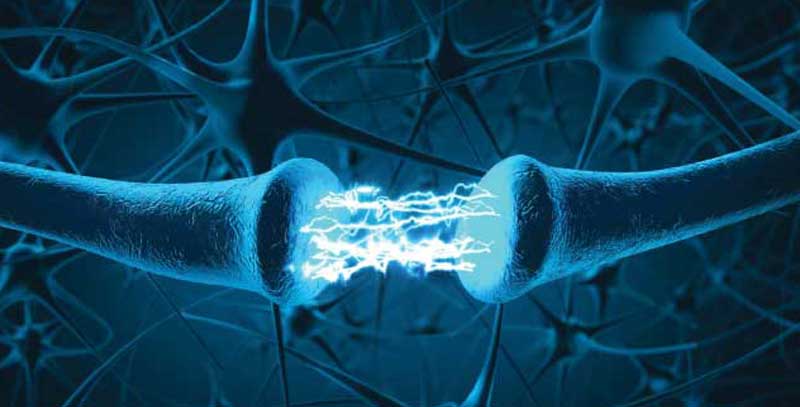
Neurometabolic disorders
Types
there are several types of neurometabolic disorders with their own set of unique characteristics and symptoms. Some common examples include lysosomal storage disorders (e.g., Gaucher disease, Tay-Sachs disease), mitochondrial disorders (e.g., Leigh syndrome, mitochondrial encephalopathy), and various disorders affecting amino acid, organic acid, or carbohydrate metabolism.
Symptoms
symptoms of neurometabolic disorders are varied by a wide range and may also include -
- Developmental delays
- Cognitive impairment
- Seizures
- Movement disorders
- Muscle weakness
- Neurological regression
Genetic basis
Neurometabolic disorders are mainly caused because of genetic mutations which are inherited from the parents. These mutations affect the function of specific enzymes or transport proteins involved in metabolic pathways. In some cases there are also chances that neurometabolic disorders can occur sporadically and without any family history.
Diagnosis
the diagnosis of neurometabolic disorder includes a set of clinical evaluation -
- Medical history
- Physical examination
Specialized laboratory tests. These tests include blood or urine tests, genetic testing, enzyme assays, imaging studies, and sometimes muscle or tissue biopsies.
Treatment
depending on the specific disorder and its underlying conditions, the treatment of neurometabolic disorders vary for each individual.Some treatments aim to manage symptoms and provide supportive care, such as -
- Physical and occupational therapy
- Speech therapy
- Medications to control seizures or other symptoms
In some cases, specific dietary interventions, enzyme replacement therapy, stem cell transplantation, or gene therapy may be options for certain disorders.
Prognosis
The prognosis for individuals with neurometabolic disorders varies depending on -
- The specific disorder
- Severity
- The age of onset
Some disorders have more progressive courses, while others may be relatively stable or manageable with treatment. Early intervention can prove to be very beneficial for the individuals suffering from neurometabolic disorder.
Multidisciplinary care
Managing neurometabolic disorders often requires a multidisciplinary approach involving healthcare professionals from various specialties, including neurology, genetics, metabolic medicine, and allied healthcare providers. This team can provide comprehensive care, ongoing monitoring, and support to individuals and their families.
